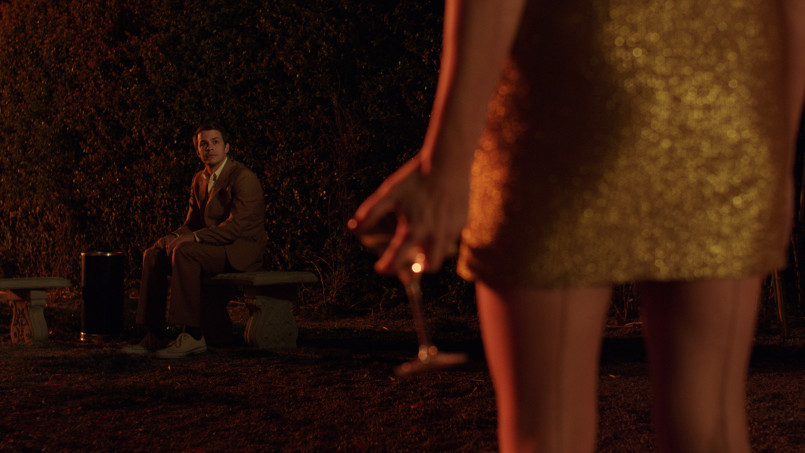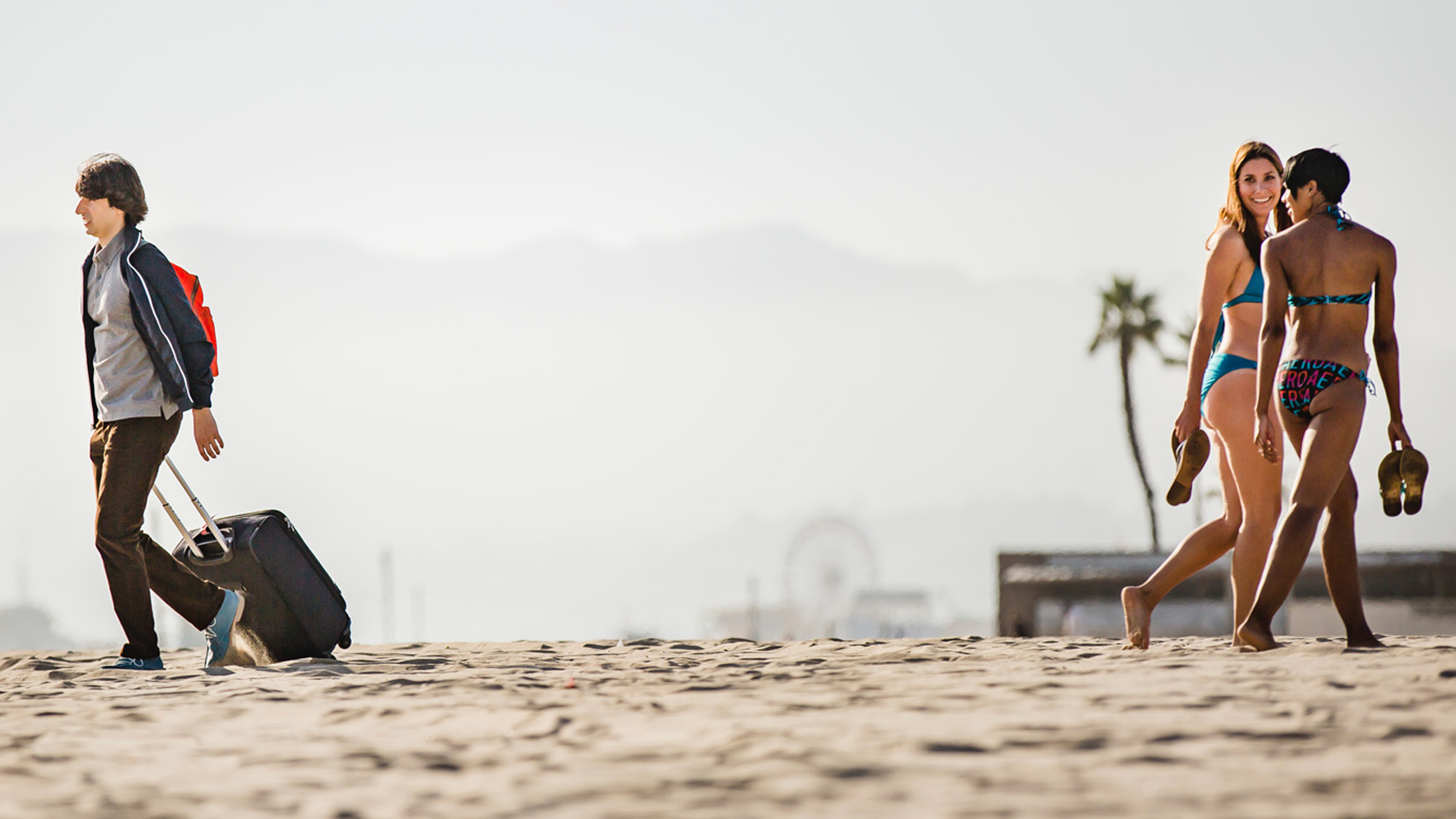While there’s a huge variety of components that make up the Tribeca Film Festival, it’s no surprise that the central focus is on full-length films. With a whole bunch on offer, I decided to whittle my experience down to those in the US Narrative competition, all of which were eligible for the awards that would be doled out on the final night of the festival.
Kicks, the directorial debut by Justin Tipping, a California-based writer/director who also co-wrote the film’s screenplay, was on the top of my list, and I wasn’t disappointed in the slightest. A hard-hitting narrative full of socio-political commentary, the film—which was shot beautifully, too—centers around one young boy’s desperate desire to own the coolest pair of shoes money can buy and the disastrous consequences that occur once he gets his hands on (and feet in) them. It is, then, a very overt indictment of consumerist culture, and one which extends much further than the specific incidents that unfold onscreen. Though its actors are young, their raw and real performances shed light on the weight of expectations that life in a modern world where the dollar rules humanity creates—especially for those who can least afford it.

Johnny Simmons as Monty in “Dreamland” / photo by Benjamin Kasulke
For me, the film Dreamland was primarily interesting because it was the directorial debut of Robert Schwartzman, frontman of the band Rooney, whose Weezer-esque 2003 self-titled debut album afforded them their fifteen minutes under the spotlight. But take a look at his name again: he’s the brother of Jason Schwartzman, the nephew of Francis Ford Coppola and a cousin of both Nicolas Cage and Sofia Coppola. Needless to say, the potential for nepotism is boundless, but while his brother is in this film (and Robert Schwartzman appeared in Sofia Coppola’s The Virgin Suicides), Dreamland is a more than accomplished debut. Moving and humorous in equal measure, it’s a fascinating take on what happens when life fails to live up to the dreams that lurk inside of us, as well as the bad decisions concerning life, love, and sex that most of us, at some point in time, are bound to make.
Dean, which was directed and cowritten by comedian Demetri Martin, tackles similar subject matter, though slightly more successfully. The use of comedy here only offsets—and, consequently, deepens—the pathos that runs through each of the main characters. It’s also helped by the clever double narrative, which juxtaposes the experiences of main character Dean (played by Martin) with those of his father, played by Kevin Kline. The result is a stirring sense of the universality of human emotion—that young or old, we all have the capability to love and grieve, and, at the end of the day, we’re all at the whim of feelings we have no control over, much as we might tell ourselves otherwise. Although given a close run by Kicks, of the films I watched this was my favorite, and I was overjoyed that, at the festival’s end, it won the Founders Award for Best US Narrative Feature.
Dean displays a stirring sense of the universality of human emotion—that young or old, we all have the capability to love and grieve, and, at the end of the day, we’re all at the whim of feelings we have no control over.
Of the films I saw, Ian Olds’s The Fixer was definitely the most ambitious. It follows the trials and tribulations of Osman, a former fixer for journalists covering the Afghanistan war who has relocated to Northern California and is starting a new life for himself. While it’s a hard-hitting rumination on identity and purpose, the film is also a tense thriller, as one of Osman’s new friends, played by James Franco, goes missing, and things take a turn for the dark. Intelligent and intriguing and a joy to watch.
These four films were, admittedly, a mere bag of tea in a vast and enticing ocean that undoubtedly contained many more brilliant and beautiful gems I wish I’d been able to see. But suffice it to say that there’s plenty of emerging talent starting to make their names in the film industry, and I feel honored to just have been given even the smallest glimpse at some of them.
Tomorrow, we enter the heady space of one of Tribeca’s unique programs: the virtual reality arcade. FL
2016 Tribeca Film Festival coverage: The Virtual Arcade | The Shorts







